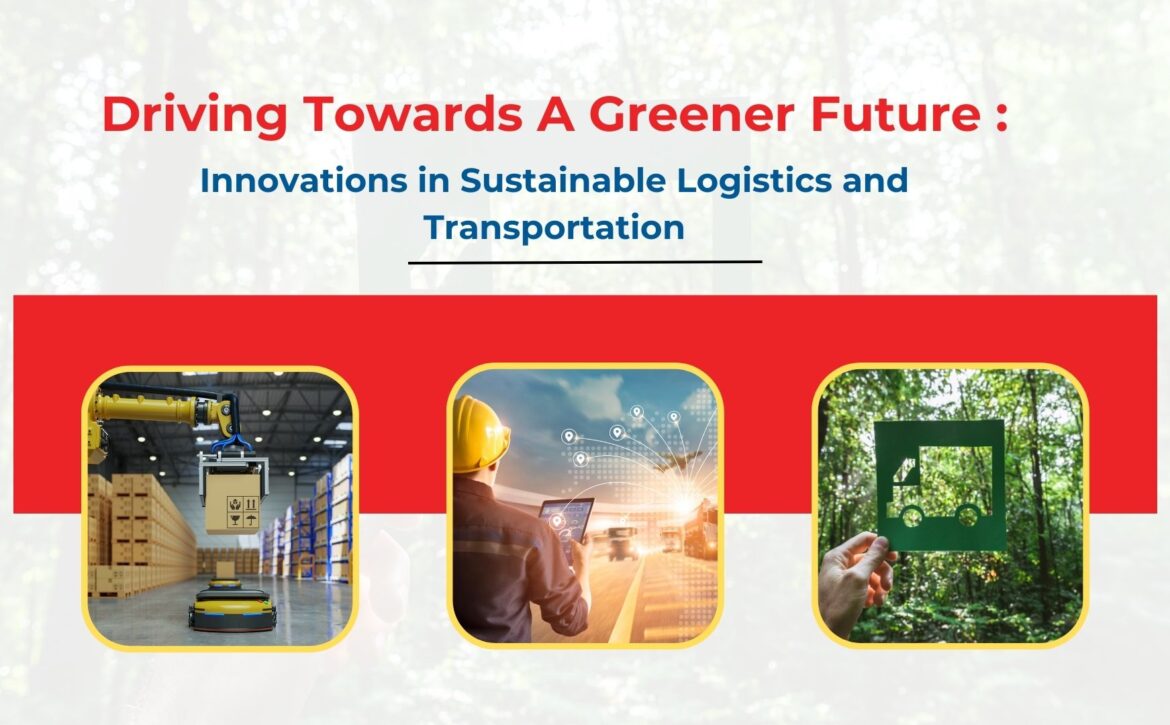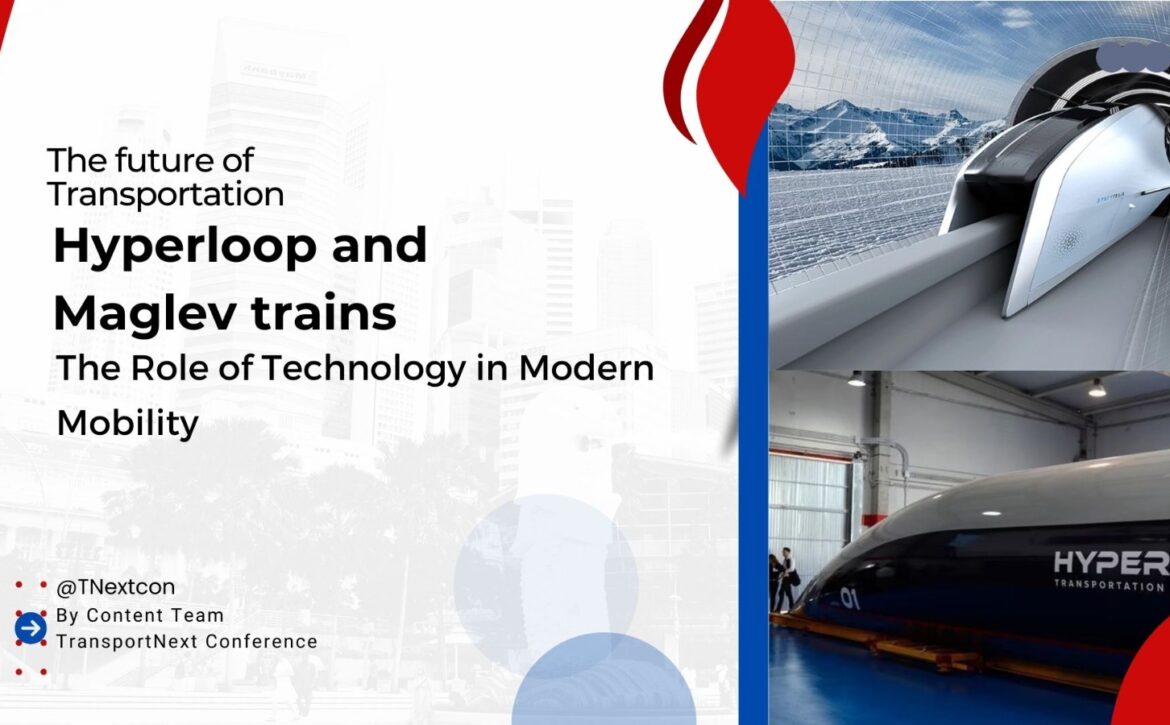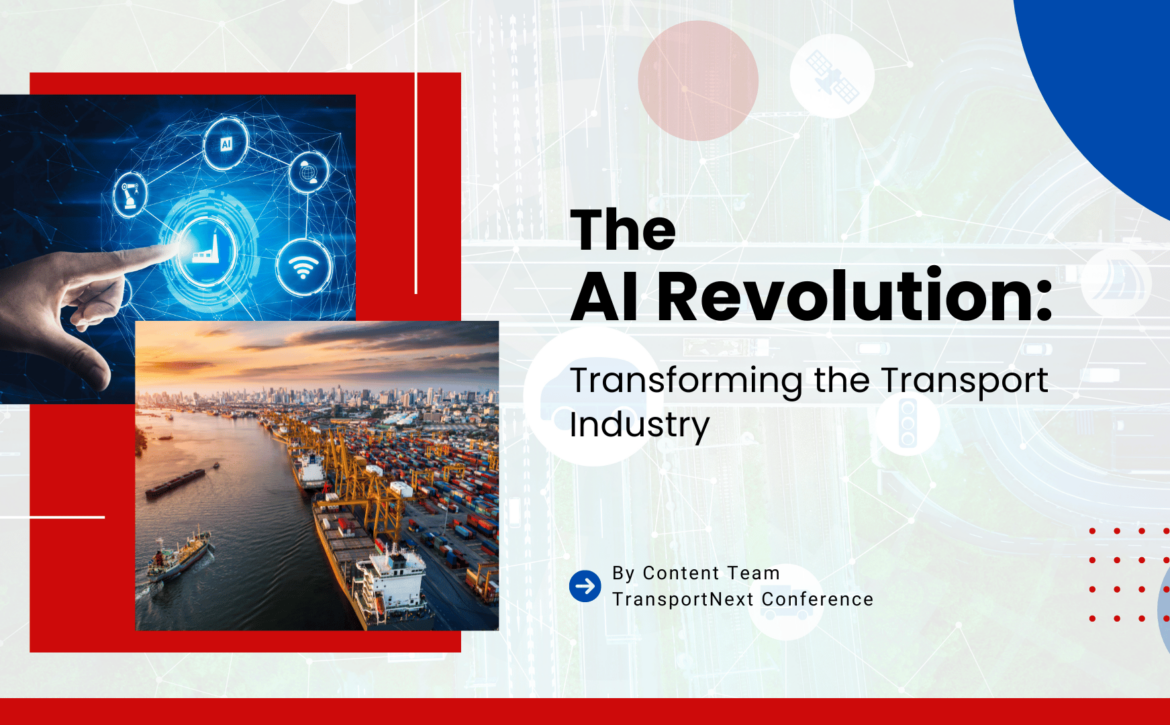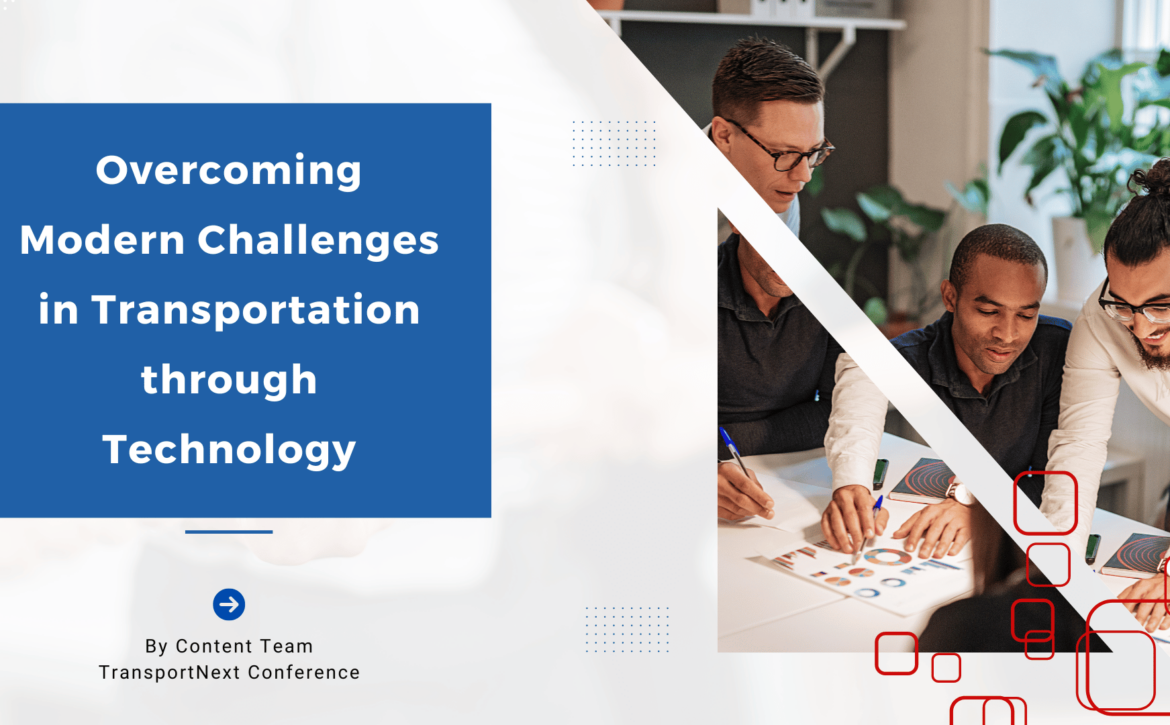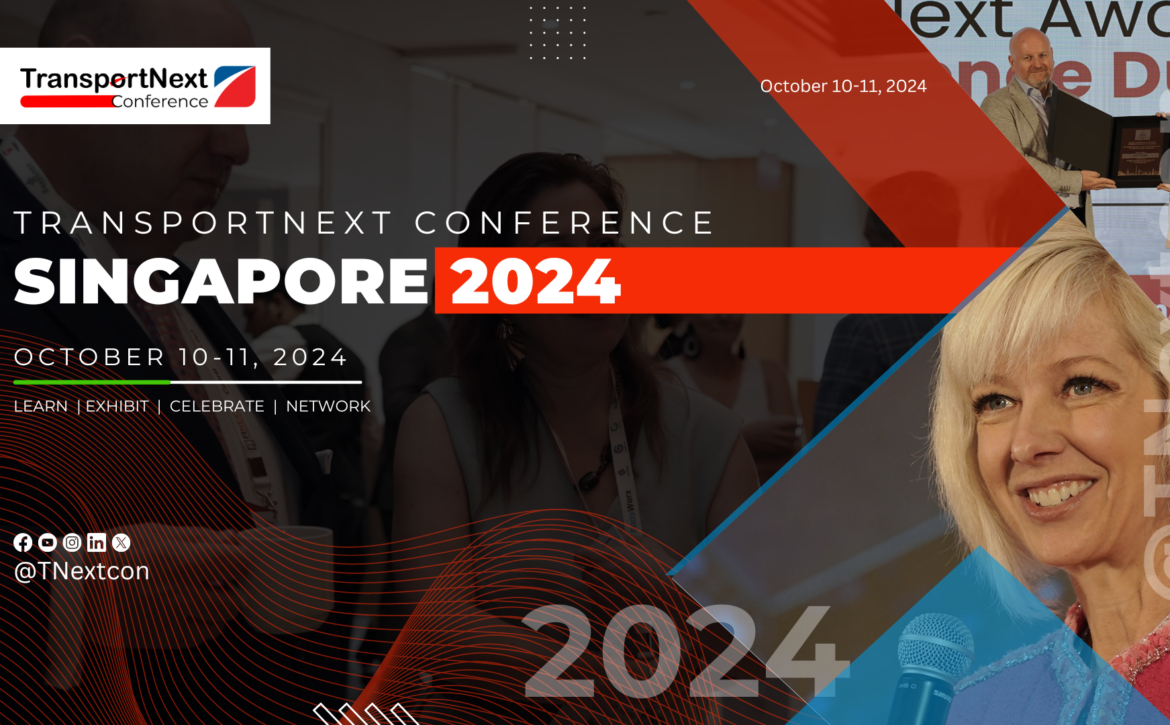Driving Towards A Greener Future : Innovations in Sustainable Logistics and Transportation
According to the EPA, the transportation sector is the leading cause of CO2 and Green House Gas (GHG) globally. The primary contributor to this sustainability challenge is the combustion of fossil fuels, responsible for the majority of CO2 emissions in the sector. As the world population by 2050 is expected to jump to 9.9 billion, the taxation that transportation puts on the environment will increase significantly.
Considering the propagation of developing economies and the increasingly connected global market it’s imperative to highlight the urgent need and importance of adopting sustainable solutions and practices for decarbonisation in the transport industry.
Here we enlist some notable and promising innovations working towards sustainable logistics and transportation:
1.Automation
Automation is a collection of technologies designed to improve efficiency. It can aid in optimizing a company’s operations by lowering Logistics costs
- Automated Storage and Retrieval Systems (ASRS): ASRS streamline product and material storage in automated warehouses maximizing floor space efficiency. Exotec has responded to the demand by introducing the SKYPOD, an automated robot tailored for e-commerce warehouses focusing on vertical storage solutions.
- Automated Guided Vehicles (AGV): AGVs automate product movement. Addverb Technologies developed DYNAMO, an AGV for transferring loads within warehouses.
- Intra Logistics Automation: Swisslog is a key player in global logistics automation. Partnering with KUKA, Swisslog leverages data driven and robotic technologies to provide extensive warehousing and distribution solutions in over 25 countries
2. Internet of Things ( IoT)
IoT revolutionizes supply chains by enabling vehicle tracking, route optimisation and warehouse management. Continued development has seen IoT go beyond improving traditional matrices like energy consumption and carbon emissions.
- AMBROSUS offers real time- visibility in the food and pharmaceutical supply chain with its IoT network and data analysis tool.
- FLEETROOT’s IoT platform aids fleet management through vehicle monitoring, maintenance planning, and route optimisation.
3.Blockchain
Blockchain technology has the potential to address several UN Sustainable Development Goals, including promoting affordable and clean energy, responsible consumption, climate action and natural resource management.
- ShipChain utilizes blockchain for freight tracking, offering real-time shipment tracking an update on predicted delivery times, while enhancing transparency through uploaded proof and documentation upon delivery completion.
- Steamchain’s World Trade Logistics (WTL) smart contract system simplifies payment methods using blockchain,providing a permanent transaction record, facilitating B2B payments,preventing frauds and mitigating currency related costs.
4.Eco-Logistics
Eco-logistics or green logistics refers to sustainable policies and measures aimed to reduce environmental impact. Green logistics boosts profit and customer satisfaction without harming the planet. This includes initiatives to reduce carbon emissions, optimize energy efficiency and promote eco-friendly transportation.
- Amazon’s “ Climate Pledge” commits to carbon neutrality by 2040, including 100,000 electric vans from Rivian
- DHL is investing in electric vehicles
- CJ Logistics pioneers sustainable packaging solutions, reducing plastic usage and boosting productivity.
5.Digital Twin
Digital Twinning technology, which involves creating virtual replicas of physical systems and processes, is quickly gaining traction as a powerful tool for manufacturers to enhance sustainability efforts. Digital Twins play a crucial role in sustainability initiatives by enabling organizations to accurately measure the performance of physical systems and effectively mitigate their environmental impact.
- Datumix, a US startup, offers virtual 3D equipment simulations powered by machine learning.These digital twins monitor real-time equipment performance, improving maintenance.
- Cognition Factory, based in Germany, provides CognitiveFlow, an AI-driven digital twin solution for warehouse simulation.It enables companies to optimize operation by testing new systems before implementation and manages robots and material handling systems in warehouses.
6.Autonomous Vehicle (AV)
One of the primary advantages of AVs is their potential to optimize route planning and fuel consumption. By leveraging real-time data and predictive analytics, these vehicles can identify the most efficient routes, minimizing idle time and reducing emissions. This optimisation not only decreases carbon footprint but also lowers operational costs for logistics companies
- Autonomous driving systems (ADS): TORC ROBOTICS majority-owned by DAIMLER Trucks, is developing scalable autonomous driving systems (ADS0 for integration into freight liner trucks with the goal of making them commercially available by 2027.
- ISEE specializes in autonomous yard truck solutions, which streamline the movement of trailers and containers in distribution centers to improve efficiency and safety, while also tackling labor shortages.
7.On- Demand Warehousing
This is transforming Logistics by offering businesses flexible storage solutions without the hassle of managing warehouses. They contribute to a more sustainable planet by minimizing resource wastage and reducing carbon emissions.
- Flowspace , a logistics start-up, offers businesses on-demand warehousing and fulfillment services on a monthly basis. They manage inventory storage, transportation , and services providing customers access to numerous warehouses across the USA via their intuitive online cloud platform.
In conclusion, sustainable logistics is not just a concept but a necessity for businesses and society alike. Through adoption of cutting edge technologies such as digital twins and autonomous driving systems, companies cannot only drive efficiency and cost-effectiveness but also play a significant role in reducing carbon emissions and resource depletion. Embracing sustainable practices not only enhances efficiency and cost effectiveness but also contributes to a greener, more resilient future for generations to come.
TransportNext Awards and Conference, Singapore 2024
An annual premier worldwide event, The TranportNext Awards, Conference and Expo is organized by Next Business Media in Singapore and the United States. The transport and LOgistics community throughout the rest of the world is served by the Singapore Edition. By taking advantage of Singapore’s advantageous position, it offers a forum for global cooperation and knowledge sharing.
TransportNext Singapore provides enlightening talks , on-going workshops and a large Expo. It also highlights innovative solutions and promotes strategic alliances. The TransportNext Awards, which honor achievements in the sector, are the focal point.This event guarantees an unmatched networking and growth promoting experience because of its global reach and dedication to industry improvement.


